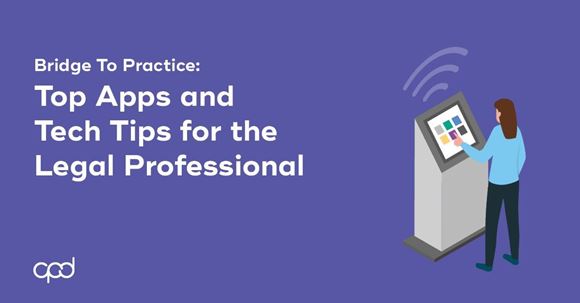Navigating the Complex Landscape of Ecommerce Law
In the ever-evolving world of online commerce, navigating the legal landscape is crucial for the success and longevity of your digital storefront. From data protection to consumer rights, understanding ecommerce law essentials is paramount in safeguarding your business and ensuring compliance with regulations. Let’s delve into the key aspects of ecommerce law that every online entrepreneur should know.
Data Protection: Safeguarding Customer Information
One of the most critical aspects of ecommerce law revolves around data protection. With the increasing prevalence of online transactions, ensuring the security and privacy of customer information is non-negotiable. Ecommerce businesses must adhere to regulations such as the General Data Protection Regulation (GDPR) in Europe or the California Consumer Privacy Act (CCPA) in the United States. Implementing robust data protection measures not only protects your customers’ sensitive data but also builds trust and credibility for your brand.
Intellectual Property Rights: Protecting Your Brand
In the digital realm, intellectual property rights play a significant role in protecting your brand identity and assets. Whether it’s trademarks, copyrights, or patents, safeguarding your intellectual property is essential for preventing unauthorized use or infringement. Registering trademarks for your brand name, logo, and products can provide legal recourse against counterfeiters and competitors. Additionally, respecting the intellectual property rights of others is equally important to avoid legal disputes and potential damages.
Consumer Rights: Upholding Transparency and Fair Practices
Ecommerce law also encompasses regulations aimed at protecting consumer rights and promoting fair business practices. From clear and transparent pricing to accurate product descriptions, online retailers must uphold high standards of transparency and honesty in their dealings with customers. Compliance with regulations such as the Consumer Rights Directive in the EU or the Federal Trade Commission (FTC) guidelines in the US is essential for fostering trust and loyalty among consumers. Prioritizing customer satisfaction and resolving disputes promptly can mitigate legal risks and enhance your reputation in the ecommerce market.
Payment Processing: Ensuring Secure Transactions
Facilitating secure and seamless payment transactions is crucial for the success of your digital storefront. Ecommerce businesses must comply with Payment Card Industry Data Security Standard (PCI DSS) requirements to safeguard credit card information and prevent unauthorized access. Implementing encryption technologies, using trusted payment gateways, and adhering to PCI compliance standards are essential steps in ensuring the security of online transactions. By prioritizing payment security, you not only protect your customers’ financial data but also mitigate the risk of fraudulent activities and chargebacks.
Cross-Border Commerce: Navigating International Regulations
With the globalization of ecommerce, navigating international regulations and cross-border commerce becomes increasingly complex. From customs duties to import/export regulations, selling products internationally requires careful consideration of legal requirements and compliance obligations. Familiarizing yourself with international trade laws, tax regulations, and consumer protection statutes in target markets is essential for expanding your ecommerce business globally. Partnering with legal experts or consulting with international trade associations can provide invaluable guidance in navigating the intricacies of cross-border commerce.
Conclusion
In the dynamic and fast-paced world of ecommerce, staying abreast of legal requirements and regulations is paramount for protecting your digital storefront and ensuring sustainable growth. From data protection to consumer rights and international trade laws, understanding ecommerce law essentials is essential for mitigating risks, fostering trust, and maintaining compliance with regulatory standards. By prioritizing legal compliance and implementing best practices, you can safeguard your online business and position it for long-term success in the competitive ecommerce landscape. Read more about ecommerce lawyer





